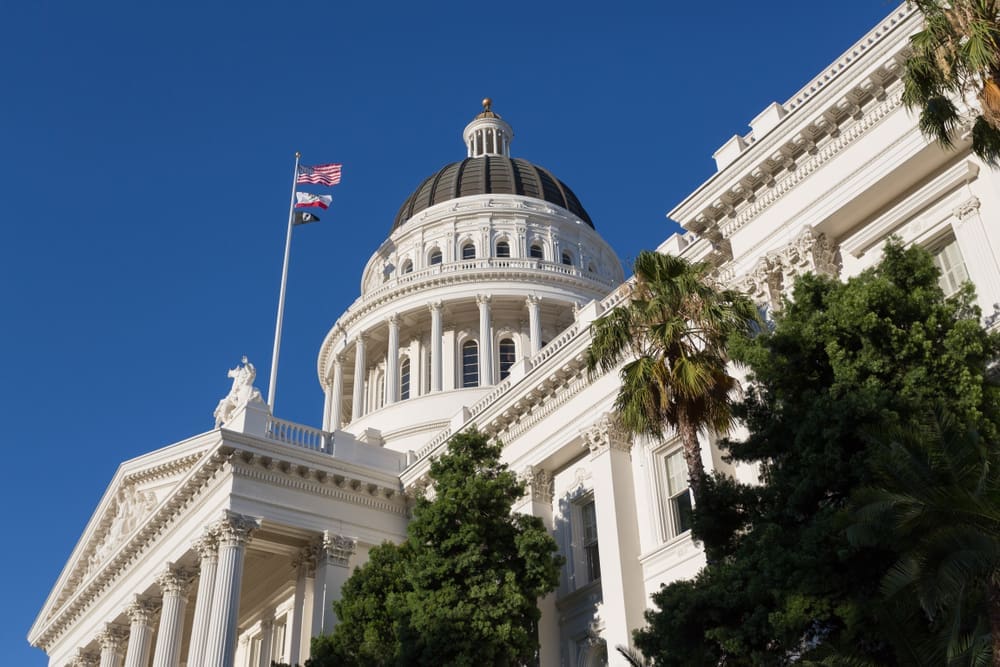The issue of transgender youth participation in sports continues to be a hot topic in California, where state lawmakers have decided not to alter policies that allow transgender children and teens to compete on teams that match their gender identities. This decision follows intense nationwide discussions regarding the involvement of transgender individuals in athletics. In a recent session, Democratic members of the California State Assembly’s Committee on Arts, Entertainment, Sports, and Tourism voted against two proposals introduced by Republican lawmakers. These bills aimed to challenge existing inclusivity measures in school sports.
One of the proposals sought to mandate that the California Interscholastic Federation, which oversees high school sports, implement a rule preventing students assigned male at birth from joining girls’ sports teams. The second proposal intended to overturn a 2013 law that permits students to engage in sex-segregated school activities, including sports, and to access facilities corresponding to their gender identity. This would have impacted both K-12 and college students across the state.
The legislative session coincided with the day following Transgender Day of Visibility, and took place weeks after Democratic Governor Gavin Newsom sparked controversy among his political supporters by suggesting that transgender athletes competing in girls’ sports might be unfair. Committee Chair Chris Ward, a Democratic Assemblymember leading the legislative LGBTQ+ caucus, argued that these bills represented an attack on the rights of transgender youth and could potentially infringe upon the privacy of cisgender girls by requiring them to prove their sex.

Republican Assemblymember Bill Essayli, who proposed the reversal of the 2013 law, defended the initiative as a matter of fairness, emphasizing the importance of biology in sports. Some student-athletes, like Taylor Starling from Riverside, supported the ban, citing concerns about fairness in competition. However, LGBTQ+ advocates and parents of transgender children urged lawmakers to uphold the rights and protections of transgender youth in all areas, including sports.
Across the United States, at least 24 states have enacted laws restricting the participation of transgender women and girls in certain women’s and girls’ sports events. In some states, such restrictions have been temporarily blocked by judges. At the federal level, President Donald Trump recently signed an executive order aimed at preventing transgender athletes from competing in designated girls’ and women’s sports.
In light of the ongoing debates, Governor Newsom has been urged to clarify his stance, particularly after making comments on his podcast that caught the attention of Education Secretary Linda McMahon. The U.S. Department of Education has also initiated an investigation into California’s educational policies concerning gender identity disclosures.
The Societal Shift
- Parents and educators in California might need to navigate complex discussions about gender identity with their children and students, fostering a more inclusive and supportive environment.
- The decision by California lawmakers reinforces the state’s commitment to inclusivity, which may influence other states to reconsider their policies regarding transgender youth in sports.
- Transgender youth in California will continue to have the opportunity to participate in sports teams that align with their gender identity, promoting equal access to athletic opportunities.
- As debates around transgender rights in sports intensify, communities may see increased dialogue and advocacy efforts, potentially leading to broader societal acceptance and understanding.
- The rejection of these proposals highlights the ongoing tension between state and federal policies, which could impact how similar issues are addressed across the nation.












